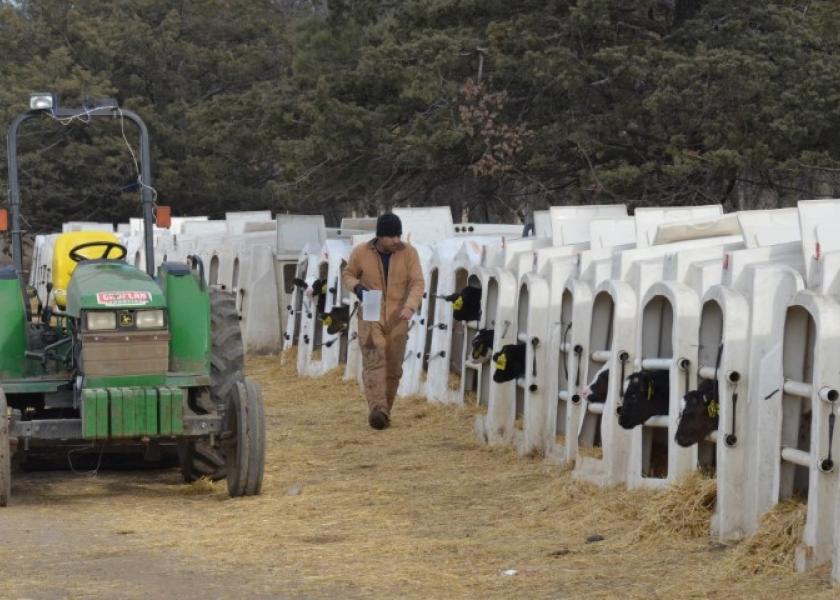Ionophores Help Control Coccidiosis and More

Ionophores have been used for decades to support young calves by controlling coccidia until they develop enough natural immunity to manage the disease. According to this summary in Science Direct, ionophores kill coccidia protozoa at a specific stage of growth by interrupting movement of ions through the cell membrane and changing the equilibrium of potassium, sodium, calcium and magnesium in the cell, which eventually destroys it.
The same action occurs among select bacteria in the rumen. In general, “bad” rumen microbes are destroyed, allowing “good” rumen microbes to grow more aggressively. The resulting benefits for growing calves include:
- Increased energy metabolism – Extension dairy specialists from North Carolina State University explain in this heifer-raising bulletin that ionophores promote production of the volatile fatty acid propionate in the rumen. Propionate drives the development of glucose, which is used for energy.
- Improved protein utilization – Degradation of peptides and amino acids in the rumen also is reduced, which allows more dietary protein to flow to the small intestine and be utilized for growth.
- Less digestive disruption -- Researchers with University of Florida Extension note in this publication that while ionophores increase propionic acid in the rumen, production of acetic acid and lactic acid is decreased, leading to lower incidence of bloat and ruminal acidosis.
- Reduced waste – The actions of ionophores in the rumen lead to reduced methane production, better dry-matter utilization, and improved nitrogen digestibility, all of which lead to less environmental waste.
Ionophores promote calf health and performance through a combination of disease control and improved feed efficiency. They also have shown numerous benefits in dry, transition, and lactating cow rations.
The two ionophore products with FDA-approved labels for coccidiosis control are Bovatec® (lasalocid) and Rumensin® (monensin). Both can be added to pre-weaned calf starter grain. Bovatec also is approved for inclusion in liquid rations – both milk replacer and whole milk.
In some cases, different products may be used at different life stages to control coccidiosis in developing calves. It is important to strategically plan changes in coccidiosis control, which also may include non-ionophore products like Deccox® (decoquinate) or Corid® (amprolium).
Each of these products works a bit differently and at various stages of the coccidia parasite’s life cycle. Be sure to work carefully with your veterinarian, nutritionist and feed supplier to ensure that your calves have continuous coccidiosis coverage.







